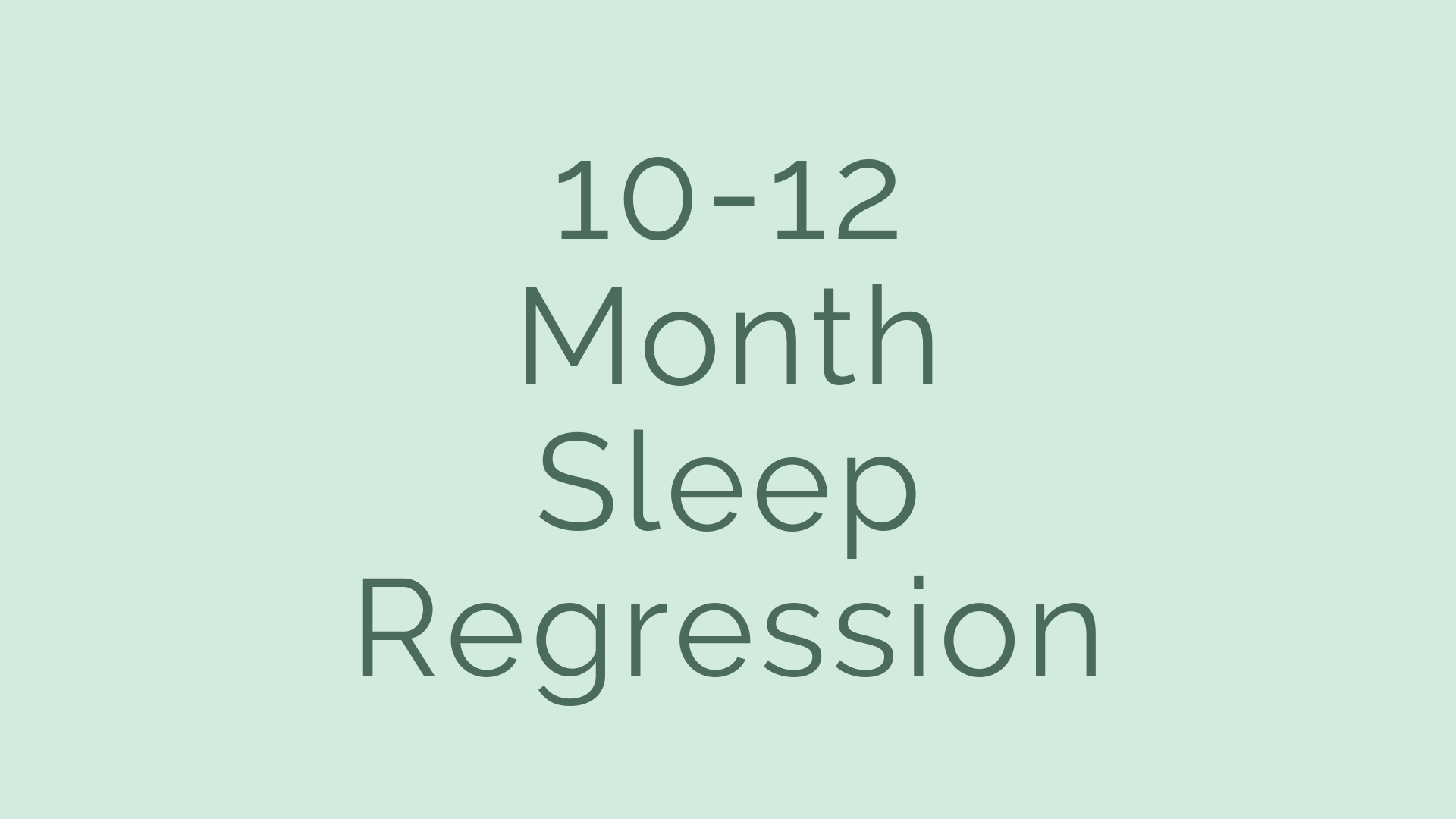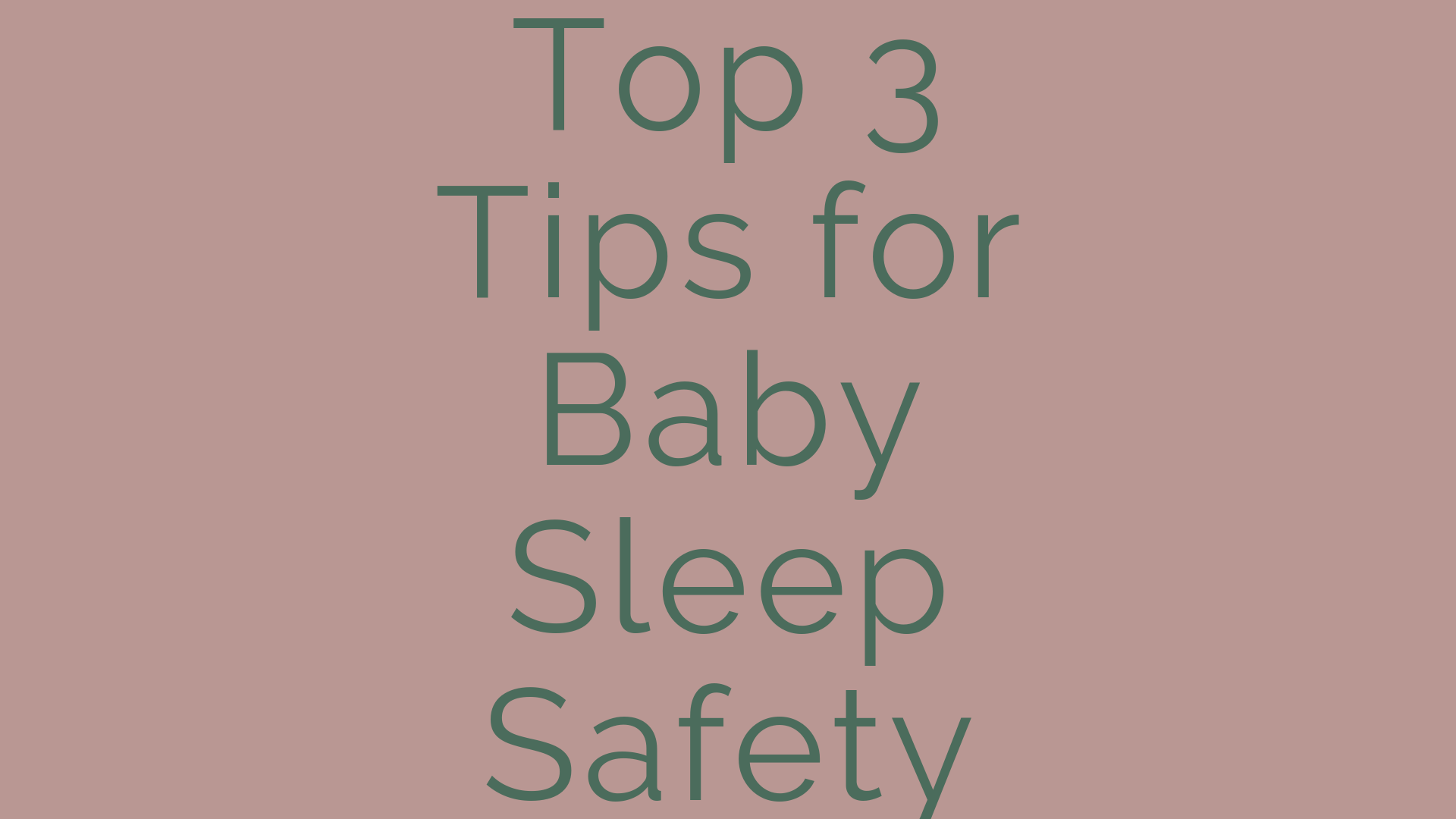Baby not getting enough sleep at night? Or are you feeling the effects of sleep deprivation yourself? It can feel so daunting to try and pinpoint why sleep has escaped your home. If you have a newborn (baby is under 16 weeks old), I have lots of free resources for you to check out. And if your baby is over 16 weeks, I hope this list helps you figure your sleepless mystery out! So here is the most exhaustive list of 7 reasons your baby isn’t sleeping well at night.

Photo Credit: The Honest Company
1. They don’t know how to fall asleep independently for naps and bedtime.
This is the number one reason your baby isn’t sleeping well at night. Not knowing how to fall asleep on their own for naps and bedtime is the single most likely reason your child isn’t sleeping well at night. If a child doesn’t know how to go from being 100% awake and alert to 100% asleep, 100% on their own (with no help from a caretaker or sleep props of any kind), they simply will not have the skillset to access when they wake up overnight to put themselves back to sleep without help. Thankfully, sleep training resolves this issue quite quickly. Click here to learn when is the best time to sleep train your baby, and click here to learn how sleep training works.
2. They are getting too much daytime sleep
Starting at four months of age, most babies should sleep only up to about 3.5 hours each day. This is assuming they are on a 12 hour on/12 hour off schedule. Meaning, if baby starts their day at 7 am and goes to bed around 7 pm, naps should total no more than 3.5 hours each day. Please know many kids sleep a lot less than 3.5 hours and that’s ok. But all infants/toddlers should max out at around 3.5 hour total across all naps. If your baby is napping a lot longer than 3.5 total hours each day, that may be contributing to night time wake ups.
3. They are napping too late into the afternoon/evening
In my extensive experience of working one on one with nearly 10,000 kids, I’ve learned that the brain seems to treat sleep after 4 pm as “nighttime” sleep. If I were to take a late afternoon nap, say around dinner time, and sleep for an hour or two, I know I’d have a really hard time going back to bed for the night anytime before 2-3 am. If your child regularly naps beyond 4:00 pm, their brain may be having a hard time consolidating overnight sleep into a 12 hour stretch.
4. They are taking too many naps
If your child is at the age where they should be transitioning to 2 naps, or even 1, and they haven’t done so already, their night wakings may be due to falling asleep too many times during the day. Like too much daytime sleep, too many occurrences of falling asleep during the day will contribute to disrupted sleep over night, as well as extended periods of wakefulness during night wakings.
5. They may not need a night feeding anymore
Never cut night feedings without the express permission from your pediatrician. When infants keep night feedings for longer than necessary, they may be confused as to why some wake ups overnight are responded to with a feeding (thus, assisting them to sleep and/or interacting with baby), and others are not. They may cry for extended periods looking for the same assistance to sleep as they had when they are fed.
After 6 months of age, if you have sleep trained your child and they still struggle with night wakings or early morning waking, ask your pediatrician if it’s okay to stop all night feeds cold turkey. And ask if it’s okay to respond with whatever check-in method you used to train your child to fall asleep independently in the first place. If your child is given permission to go 12 hours overnight without eating and you are nursing, make sure you pump each night before your own bedtime in order to maintain your supply. Also, ask your own medical doctor if this pumping session will be sufficient to maintain your supply.
6. They are being woken up by someone/thing in their sleep environment
Studies show infants are less likely to sleep soundly through the night if they are room sharing. Ask your pediatrician when is the safest age for your child to sleep in their own room. Do not move your baby to their own room without discussing it in detail with your pediatrician first. Also, make sure their sleep environment (whether they sleep in their own room, or room share) is conducive to sleep.
7. They may be in the middle of a developmental milestone
Your baby may be going through a developmental milestone. Thankfully, while these milestones may disrupt sleep, dealing with them properly ensures they do not permanently alter your child’s overnight sleep patterns. (This is assuming they were sleeping through the night before the milestone started. If they’re not sleep trained, I can help!)





My 12 week baby just started to refuse daytime naps unless she is held. I am unable to hold her for her naps during the day. What should I do? It takes a very long time to get her to fall asleep in my arms and once I lay her down, she sleeps for 15 minutes before she wakes up again. On the upside, she does sleep most of the night. Do you have any advice for me? I do keep her on the eat, wake, sleep routine.
Hi Megan,
There is nothing else you can do but do your best and wait things out until baby is 16 weeks of age or older from their due date so you can train them to fall asleep on their own. Hold her when you can for her naps, and other times you’ll just know that she won’t nap long. There is no other way around it but sleep training <3 once she's old enough.
So my 13 week baby is sleepy trained. She does very well with naps, but our bedtime seems to be a problem. I know she is in a developmental phase 4 right now. But she has been hysterically crying for a couple or days now at it is just at bedtime. Yesterday took us 2 hours to settle her into bed. Her last nap is around 5:30-6:30pm but it is no longer than 30-40 mins. And her bedtime is usually 8:30-9pm.
I’ve tried to move it up , but I notice when she will go down if on time, she will wake up an hour hungry and then another hour to put her down to sleep again. I just want her to love bedtime and not cry so much, because she can put herself to sleep and if she wakes she can put herself back to sleep if she is still tired. Just bedtime is hard on us. Any advice? Thank you so much.